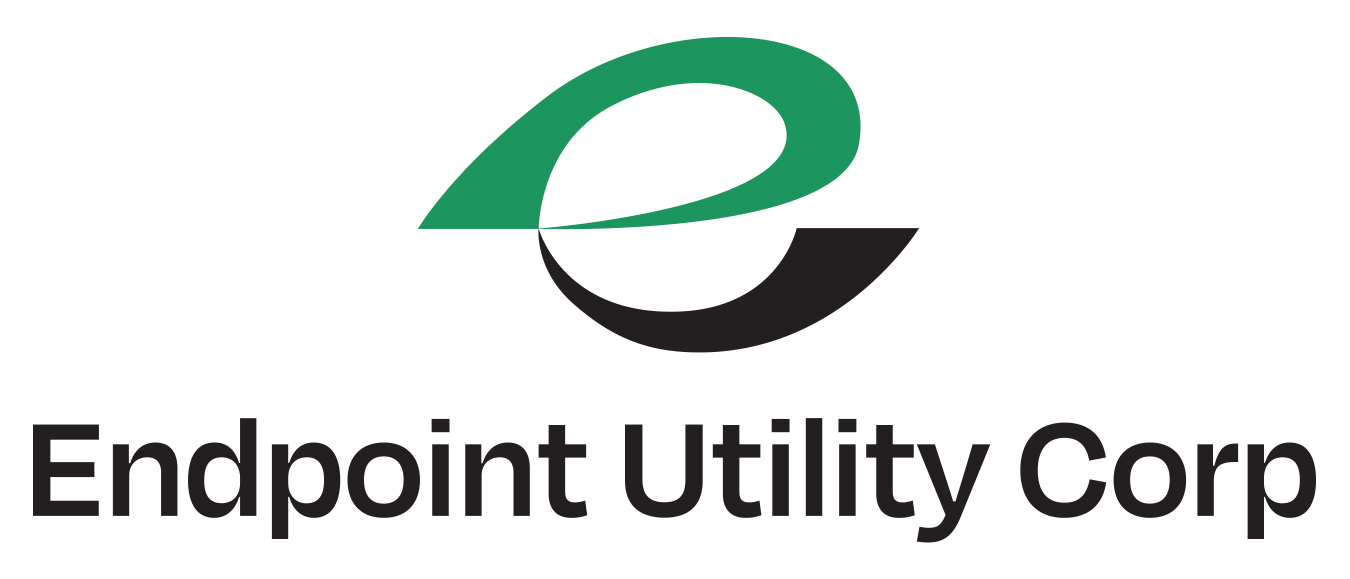Futureproofing Your Small Business for Succession or Sale: Essential IT Considerations
In the world of small business, milestones are like signposts along the entrepreneurial journey: the first dollar earned, the hiring of the inaugural employee, achieving profitability. Yet, beyond these pivotal moments lies a critical question: What’s the end game for this remarkable company you and your dedicated team have built?
Whether you’re just starting out or well into your business journey, it’s never too early to contemplate the future. As your business grows, whether you plan to expand, pass it on to the next generation, or sell it, thoughtful planning—including a close look at your IT infrastructure—is essential. But don’t wait until succession or sale to evaluate your technology backbone. To continue hitting milestones and maximize your options, ensuring your IT infrastructure is robust is a non-negotiable step in your strategic thinking.
Passing the Torch to the Next Generation
If you’re handing the reins to the next generation, consider these IT must-haves:
Scalable Infrastructure: Ensure your IT systems can handle growth. Scalability is key for a seamless transition.
Cybersecurity Readiness: Protect against cyber threats. Assess vulnerabilities and fortify your defenses.
Legacy Tech Updates: Empower the next leaders by freeing them from outdated systems. Avoid time-consuming legacy tech updates.
Preparing for a Business Sale
For those contemplating a sale, these IT considerations matter:
Attractive to Buyers: Potential buyers will scrutinize your IT setup. A well-structured infrastructure can enhance your business’s appeal.
Smooth Due Diligence: Expect IT due diligence during the sale process. Address scalability, security, and outdated systems proactively.
Higher Offers: A solid IT foundation can lead to more favorable offers. Buyers appreciate businesses with forward-looking technology.
Whether you’re selling or succeeding your business, these considerations about your IT infrastructure are universal. But where and how do you start tackling these considerations, and ensuring your IT infrastructure is in great shape for what’s next?
Let’s break it down into some straightforward, essential IT infrastructure must haves:
1. Financial Systems: Ensure accurate and well-maintained financial records. A reliable accounting system, financial software, and organized financial statements are crucial.
2. Customer Data Management: A well-organized customer relationship management (CRM) system is essential. It helps track customer interactions, sales leads, and marketing efforts.
3. Inventory Management: If applicable, an efficient inventory management system is valuable. It helps monitor stock levels, reorder points, and supply chain logistics.
4. Security Measures: Strong cybersecurity practices are critical. Regular security audits, data encryption, firewalls, and employee training demonstrate a commitment to data protection.
5. Scalability: Highlight how your IT infrastructure can scale as the business grows. Scalable systems allow for seamless expansion without major disruptions.
6. Cloud Services: If you use cloud-based services (such as cloud storage, SaaS applications, or IaaS), emphasize their benefits. Cloud solutions often reduce costs and improve flexibility.
7. Website and Online Presence: A well-designed website, active social media profiles, and positive online reviews contribute to the business’s overall appeal.
8. Communication Tools: Reliable communication tools (email, VoIP, video conferencing) demonstrate efficient internal and external communication.
9. Backup and Disaster Recovery: Having robust backup systems and disaster recovery plans ensures business continuity even in challenging situations.
10. Intellectual Property: Highlight any proprietary software, patents, or trademarks associated with the business.
In the ever-evolving landscape of business, technology remains a driving force. By prioritizing your IT infrastructure, you not only future-proof your business but also create a more attractive proposition for potential successors or buyers. So, as you navigate the path ahead, remember that investing in the right technology today can yield substantial dividends tomorrow.
About the Author
David Mayer has been a member of the due diligence team for four acquisitions during his time as a senior executive at Fortune 500 companies. Additionally, his past organizations offered consulting services specifically for companies that were looking to make acquisitions, and how to build a technology framework for making the integration of those acquisitions more efficient and cost effective.
This unique real-world experience of having sat on both sides of the merger and acquisition process gives David a perspective on what future acquirers are looking for during their due diligence of potentially acquiring your business. Knowing the specifics pieces of the technology infrastructure that will be evaluated allows him to help his customers build a framework today so that they are ready for any type of M&A activity at any point in time.
